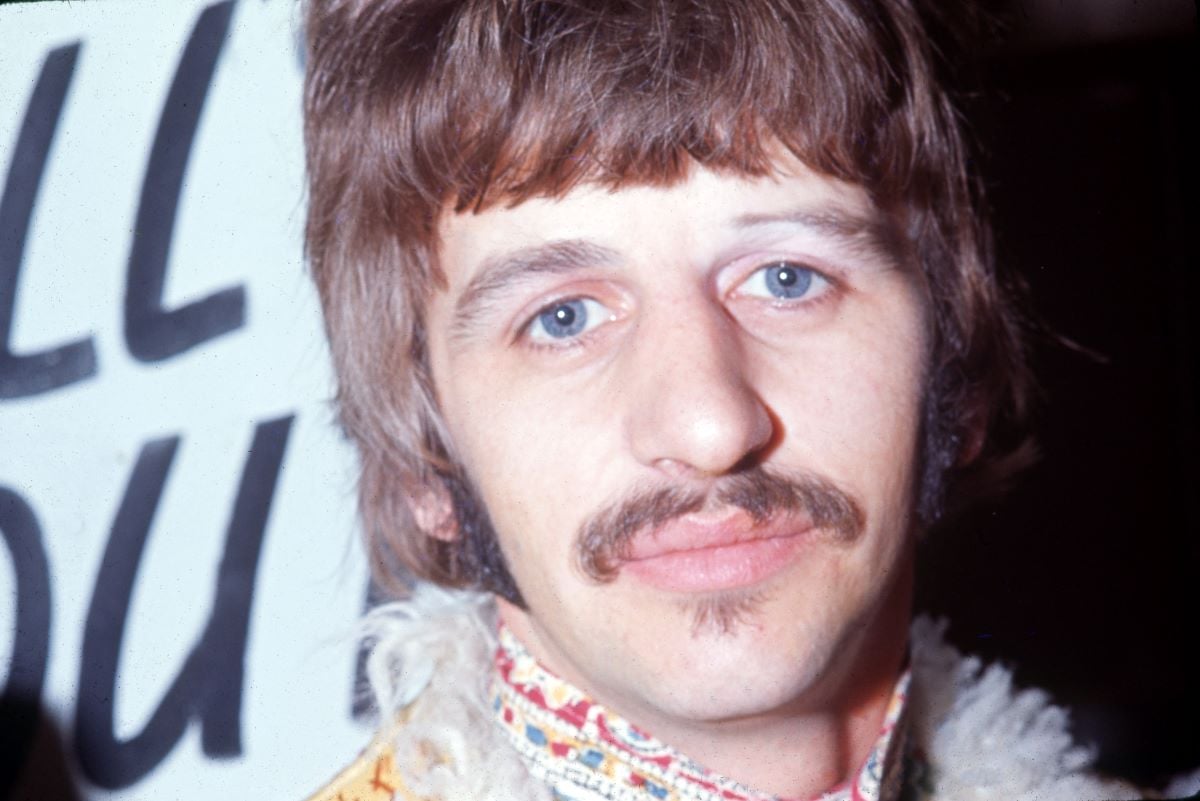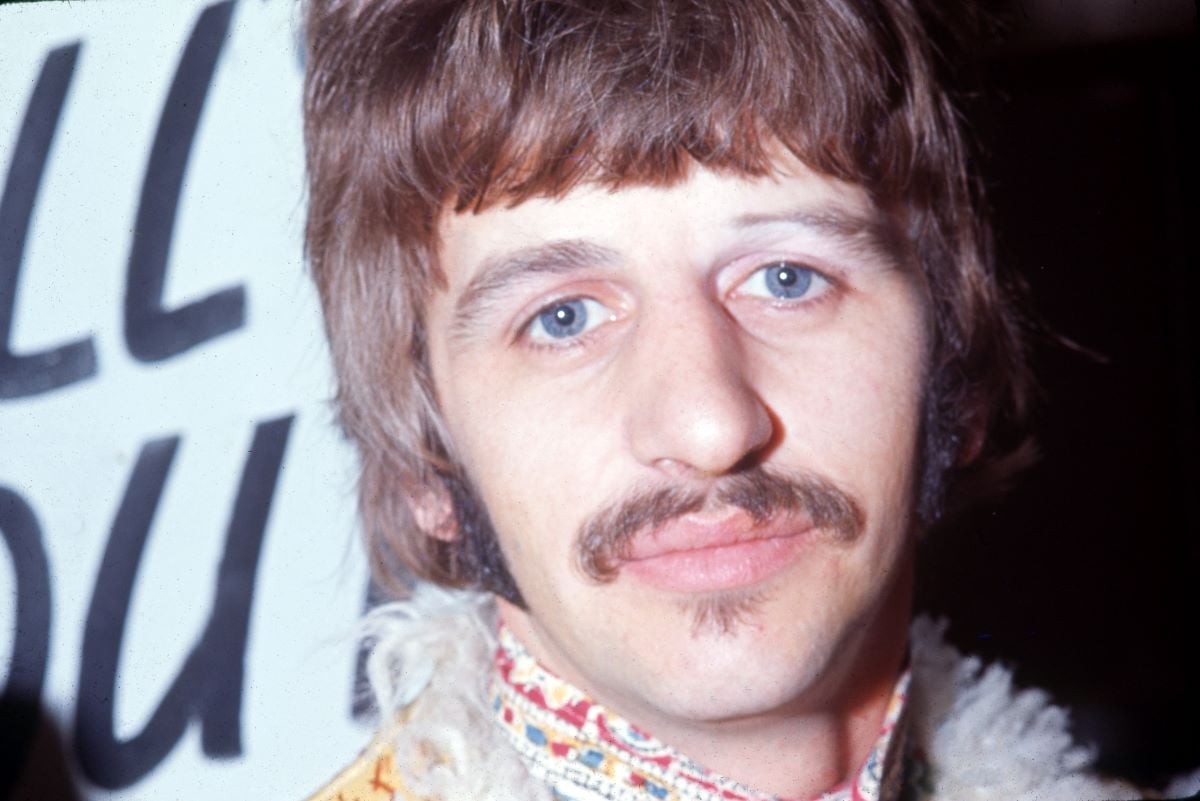
Ringo Starr Said the Ultimate 1960s Record Wasn’t by The Beatles
In the 1960s, The Beatles gave us the quintessential tracks of the decade; however, Ringo Starr thought otherwise. During an interview, he opined the “ultimate ‘60s record” was by another band. Here is how the public reacted to this song — and whether it was really the ultimate song of the 1960s, commercially speaking.

Ringo Starr names the ‘ultimate’ ’60s record
In 1992, Ringo discussed his 1960s-esque album Time Takes Time with Rolling Stone’s David Wild. Wild said the album was similar to The Beatles’ music. “I was getting a bit crazy there for a while because it was sounding not so much Beatles-ish but just like that flower-power period,” Ringo responded.
“And with that period you can’t help think about us. Personally, I always think of Procol Harum. Everyone else thinks of me and the Fabs, but I think of Procol Harum, because to me ‘A Whiter Shade of Pale’ is the ultimate ‘60s record.”
“A Whiter Shade of Pale” earned many more accolades than just the praise of Ringo Starr. The song sold over 10 million copies after debuting in 1967 at the start of the so-called “Summer of Love.” During the 1977 Brit Awards, the song tied with Queen’s “Bohemian Rhapsody” as “The Best British Pop Single 1952–1977.” Then in 1998, “A Whiter Shade of Pale” was inducted into the Grammy Hall of Fame.
Ringo Starr may consider “A Whiter Shade of Pale” as the definitive song of the 1960s. But Procol Harum singer Gary Brooker admitted the song draws inspiration from a much, much earlier time period. He told Uncut magazine “If you trace the chordal element, it does a bar or two of [Johann Sebastian] Bach’s ‘Air on a G String’ before it veers off. That spark was all it took. I wasn’t consciously combining rock with classical, it’s just that Bach’s music was in me.”
The song’s mysterious lyrics and organ melody stood out as two elements that made “A Whiter Shade of Pale” so popular. Procol Harum’s iconic tune wouldn’t immediately fit next to anything from the 1960s Beatles, making Ringo’s praise all the more unexpected. However, there is no denying the cultural impact of “A Whiter Shade of Pale.”
Did the American public feel the same way about Procol Harum as the former Beatle did?
Clearly, Ringo held “A Whiter Shade of Pale” in high regard. The American public liked it as well — but it’s not the “ultimate ‘60s” record in the United States, commercially speaking. The track reached No. 5 on the Billboard Hot 100. It’s the only Procol Harum song to reach the chart besides “Conquistador” and “Homburg” which reached No. 16 and No. 34, respectively.
“A Whiter Shade of Pale” was a hit, but it wasn’t the greatest hit of the decade. The 1960s song which performed the best on the Billboard Hot 100 was actually Chubby Checker’s cover of “The Twist,” which outperformed every other hit in the history of the chart. The second most popular hit from the decade is The Beatles’ “Hey Jude,” which reached No. 12 on the all-time chart. Notably, no songs by Procol Harum reached Billboard’s list of the 600 most successful songs in the history of the chart.
Did the British public feel the same way about Procol Harum and The Beatles as Ringo Starr?
However, Ringo is British, so perhaps it’s necessary to look at the song’s success in Britain. According to The Official Charts Company, “A Whiter Shade of Pale” reached No. 1 in the United Kingdom. Regardless, “A Whiter Shade of Pale” is still not the most popular song of the 1960s in the U.K.
The Official Charts Company reports that honor goes to another Beatles hit, “She Loves You,” which was both the most successful song on the chart in the 1960s and the ninth most successful song in the history of the chart as a whole. None of Procol Harum’s songs made it to The Official Chart Company’s 2020 list of the 178 singles that sold a million copies or more in the U.K. Regardless of how “A White Shade of Pale” sold, Ringo felt it encapsulated the 1960s more than any record by The Beatles.


